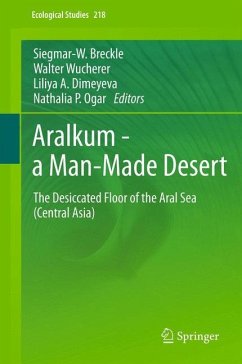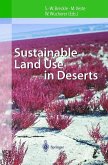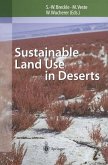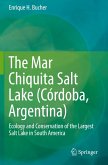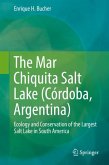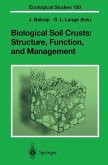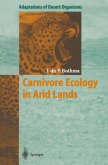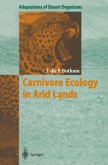Having been the fourth largest lake on the globe roughly 50 years ago, today the Aral Sea no longer exists. Human activities caused its desiccation and the formation of a huge new desert, the Aralkum, which can be regarded as one of the greatest ecological catastrophes and - at the same time - the largest primary succession experiment of mankind.
This volume brings together the results of international and interdisciplinary long-term studies on the new desert ecosystem and is divided into four main sections. The first section provides an overview of the physical characteristics of the area and covers geological, pedological, geomorphological and climatological aspects and their dynamics, especially dust-storm dynamics. The second focuses on the biotic aspects and highlights the spatial and temporal patterns of the flora and fauna. In the third section studies and projects aiming to combat desertification by phytomelioration and to develop strategies for the conservation of biodiversity are presented. The book is rounded off with a section providing a synthesis and conclusions.
This volume brings together the results of international and interdisciplinary long-term studies on the new desert ecosystem and is divided into four main sections. The first section provides an overview of the physical characteristics of the area and covers geological, pedological, geomorphological and climatological aspects and their dynamics, especially dust-storm dynamics. The second focuses on the biotic aspects and highlights the spatial and temporal patterns of the flora and fauna. In the third section studies and projects aiming to combat desertification by phytomelioration and to develop strategies for the conservation of biodiversity are presented. The book is rounded off with a section providing a synthesis and conclusions.

